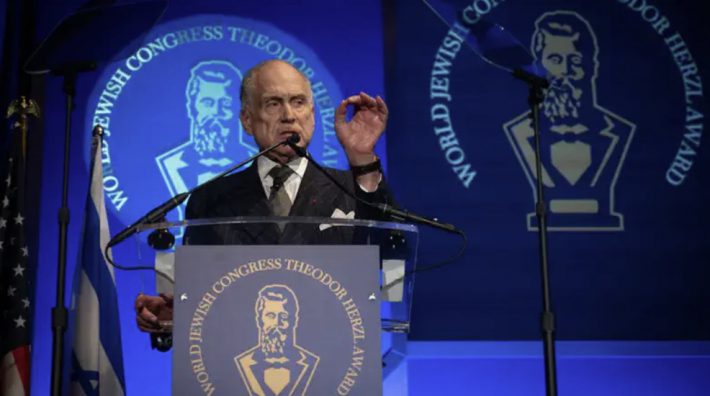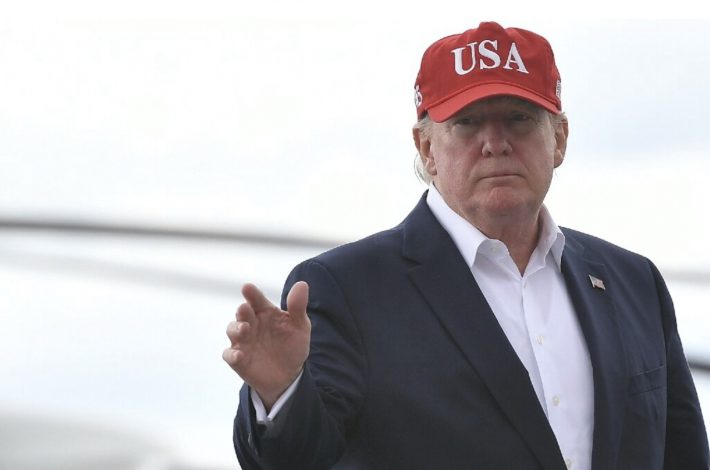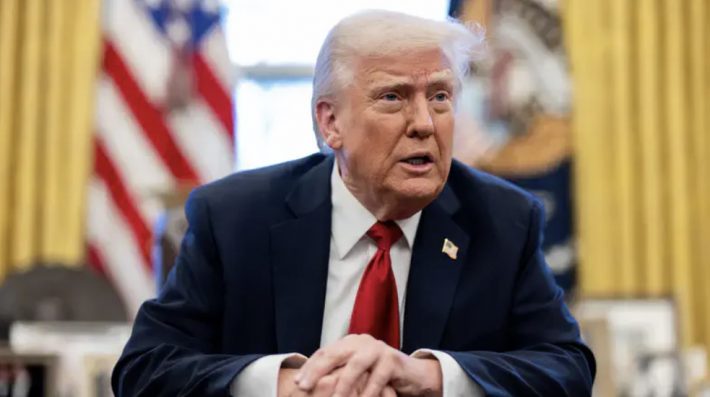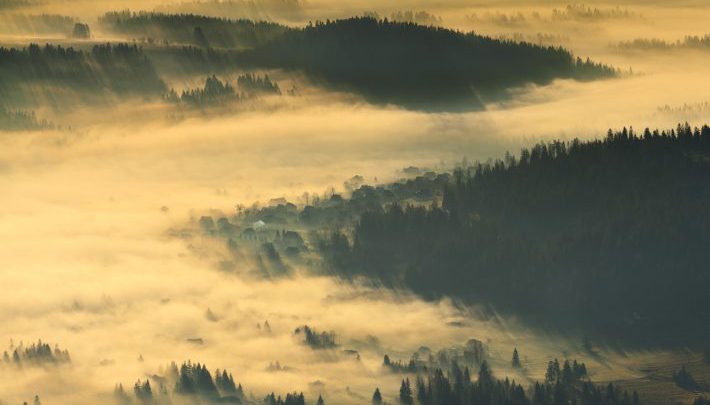WJC Chief Condemns Antisemitic Attacks in Melbourne: “A Threat to All Who Cherish Civil Society”
In a powerful statement of solidarity and urgency, World Jewish Congress (WJC) President Ronald S. Lauder on Tuesday condemned the wave of antisemitic incidents in Melbourne, Australia, urging the government to take immediate and decisive action.
“The recent arson attack on the East Melbourne Hebrew Congregation and the violent invasion of the Israeli-owned Miznon restaurant are not isolated acts of vandalism—they are deliberate, cowardly assaults on the Jewish community and the principles of civil society itself,” Lauder declared. “Since October 7, we have witnessed a dangerous normalization of antisemitism across democracies, often surfacing in violent, public ways.”
Lauder aligned with Daniel Aghion, President of the Executive Council of Australian Jewry—a WJC affiliate—who had earlier stated, “This is not just an attack upon Jews or the Jewish community. It is an attack upon our way of life.”
While senior Australian officials, including Home Affairs Minister Tony Burke, have publicly denounced the synagogue firebombing—describing it as an “attack on Australian values”—Lauder emphasized that moral condemnation must now be backed by tangible measures. “Concrete government action is required to fully safeguard Australia’s Jews,” he stated. “The World Jewish Congress calls on all Australians to stand shoulder to shoulder against this hatred—to reclaim fairness, decency, and humanity in public discourse, and to relegate antisemitism to the dustbin of history.”
The Melbourne attacks are part of a disturbing pattern. On Friday, a 34-year-old Sydney resident was arrested and charged over the synagogue arson. On the same day, a mob of 20 individuals stormed Miznon in Melbourne’s CBD, shouting “Death to the IDF,” overturning tables and throwing food. One 28-year-old man was arrested and released, with further investigations ongoing.
Israeli leaders were quick to voice their outrage. President Isaac Herzog condemned what he called “vile” acts, saying: “It is intolerable that in 2025, we are still faced with the chilling image of an attempt to burn Jews alive as they pray, and attacks on Jewish businesses. This must not become the new normal.”
Prime Minister Benjamin Netanyahu also condemned the incidents, calling them “despicable antisemitic attacks” and “serious hate crimes that must be eradicated at their root.” He added, “The State of Israel will continue to stand by the Jewish community in Australia, and we demand that the Australian government take all necessary steps to hold the perpetrators accountable and prevent such attacks in the future.”
In response, the state of Victoria has announced the formation of a dedicated anti-hate task force, reflecting the growing alarm over the rise in hate-driven offenses.
Australia has witnessed a sharp rise in antisemitic incidents over the past several months. In early December, the Adass Israel Synagogue in Melbourne was firebombed, an act being investigated as terrorism. Around the same time in Sydney’s Woollahra suburb, a car was set ablaze and two homes were defaced with anti-Israel graffiti. In subsequent weeks, antisemitic slogans such as “F— the Jews” were sprayed across vehicles, and multiple synagogues—Southern Sydney Synagogue in Allawah and Newtown Synagogue—were defaced with swastikas and hateful graffiti.
Even private residences were not spared. The former home of Alex Ryvchin, co-CEO of the Executive Council of Australian Jewry, was vandalized. And in a shocking breach of medical ethics, two Australian nurses—Ahmad Rashad Nadir and Sarah Abu Lebdeh—were filmed vowing to deny treatment to Israelis, saying they would send them “to hell.” The pair have since been banned from working under the National Disability Insurance Scheme (NDIS) for two years.
As these events unfold, global Jewish leaders and human rights advocates are united in their message: antisemitism is not merely a Jewish issue—it is a threat to the very foundation of democratic societies. Yet amid the darkness, the outcry from officials, communities, and nations also reflects a shared resilience and a collective refusal to be silenced.





